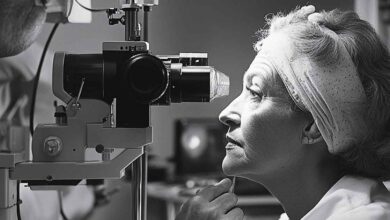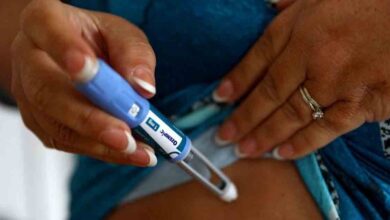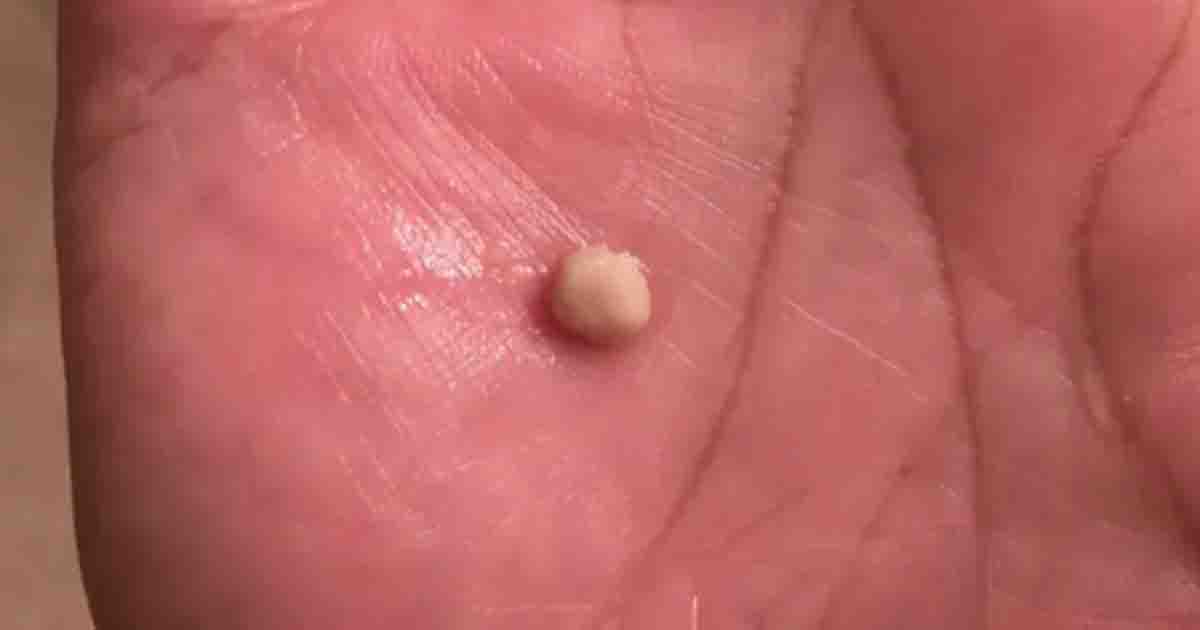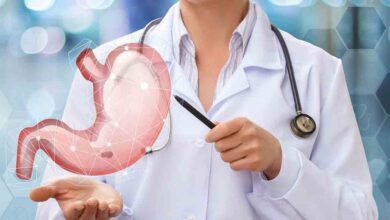9 early warning signs of a heart attack women should never ignore
Many women experience symptoms weeks before a heart attack—but they’re often overlooked or mistaken for less serious issues. Here's what to watch for.
Heart attack symptoms don’t always come on suddenly or dramatically—especially in women. Many report unusual signs like fatigue, sleep problems, or anxiety days or even weeks before a major cardiac event. Recognizing these subtle changes can save your life.
The quiet clues your body gives before a heart attack
For years, the classic image of a heart attack included sudden chest pain and collapsing to the floor. But for many women, the signs are much more subtle—and often missed. In fact, in a major study published in the journal Circulation, nearly 80% of women said they noticed symptoms a month or more before their heart attack. But only 65% said they would call 911 if they thought they were having one.
This delay in getting help is one reason heart attacks are deadlier in women than men. Learning to recognize your body’s early warning signs could make all the difference.

1. Extreme fatigue
Feeling unusually tired—even after a full night’s sleep—is one of the most common early symptoms. Some women report feeling too weak to carry out regular activities, like walking across the room or making the bed. This isn’t your normal “I didn’t sleep well” tiredness. It’s a heavy, lingering fatigue that can last for days.
2. Sleep disturbances
If you’ve suddenly developed insomnia, wake up frequently during the night, or feel restless even when you’re trying to sleep, don’t ignore it. Many women in the Circulation study said these sleep changes showed up weeks before their heart attack.
3. Anxiety or a sense of doom
A sudden feeling that something is “off” or that something bad is about to happen—even without any reason—can be your heart sending distress signals. Some women described it as overwhelming anxiety, even panic, with no clear cause.
4. Lightheadedness or dizziness
Feeling faint or off-balance could be a sign that your heart isn’t pumping blood effectively. This can happen with or without chest discomfort, so it’s easy to overlook.
5. Shortness of breath
If walking up stairs or doing simple tasks suddenly leaves you winded, take note. This is one of the most frequently reported symptoms, especially in the weeks leading up to a heart attack.
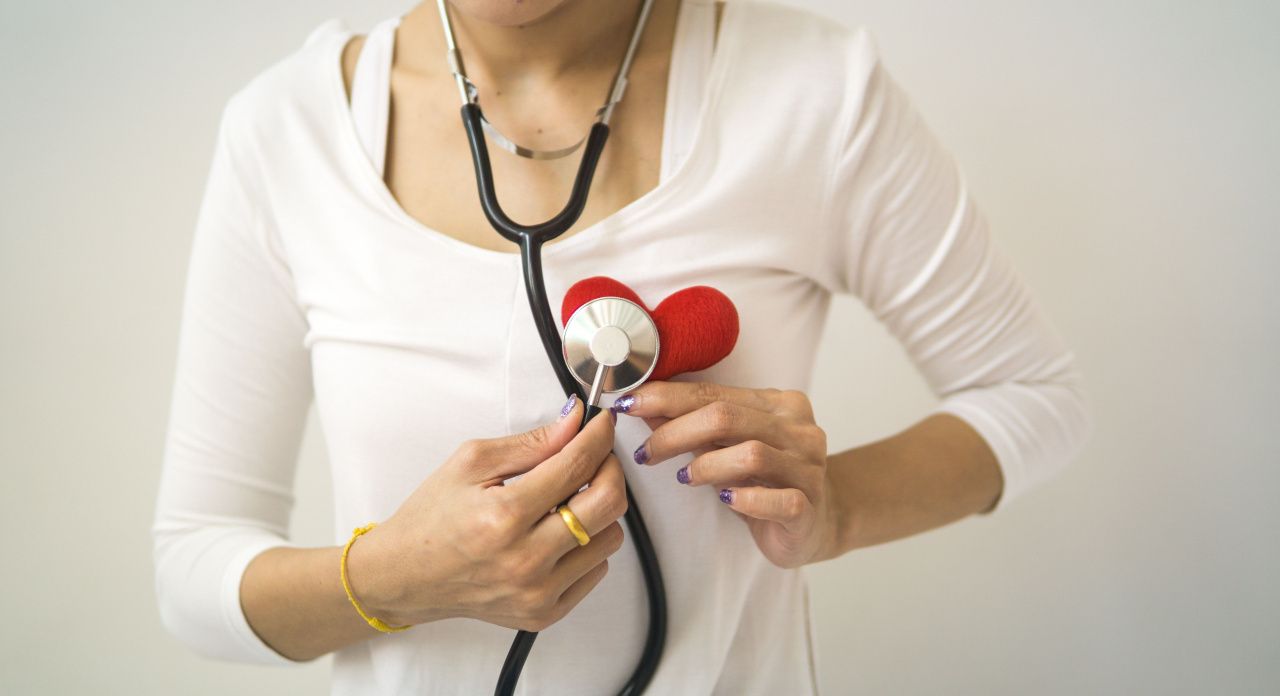
6. Indigestion or nausea
Heart attack symptoms can mimic stomach issues. Some women feel a burning sensation in their upper abdomen or experience nausea and vomiting. It’s often dismissed as something they ate—but could be something much more serious.
7. Cold sweats
Breaking out in a cold sweat, especially if you’re not exerting yourself, can be a red flag. This type of sweating is sudden, intense, and different from normal perspiration.
8. Pain in the jaw, neck, or back
Many women experience pain that doesn’t come from the chest. Discomfort may radiate to the jaw, shoulder, neck, or back. It’s often described as dull, aching, or tight—unlike typical muscle pain.
9. Chest pressure or discomfort
Yes, women still get chest pain—but it can feel different. You might feel pressure, fullness, squeezing, or even burning in the center of your chest. The feeling might come and go, making it easy to dismiss.
Why women over 50 should be extra cautious
After age 50, especially post-menopause, heart attack risk rises. That’s because estrogen, a hormone that helps protect the heart, starts to decline. With this drop, the body becomes more vulnerable to heart disease. Women over 50 should pay extra attention to the signs and schedule regular checkups to stay ahead of any hidden issues.
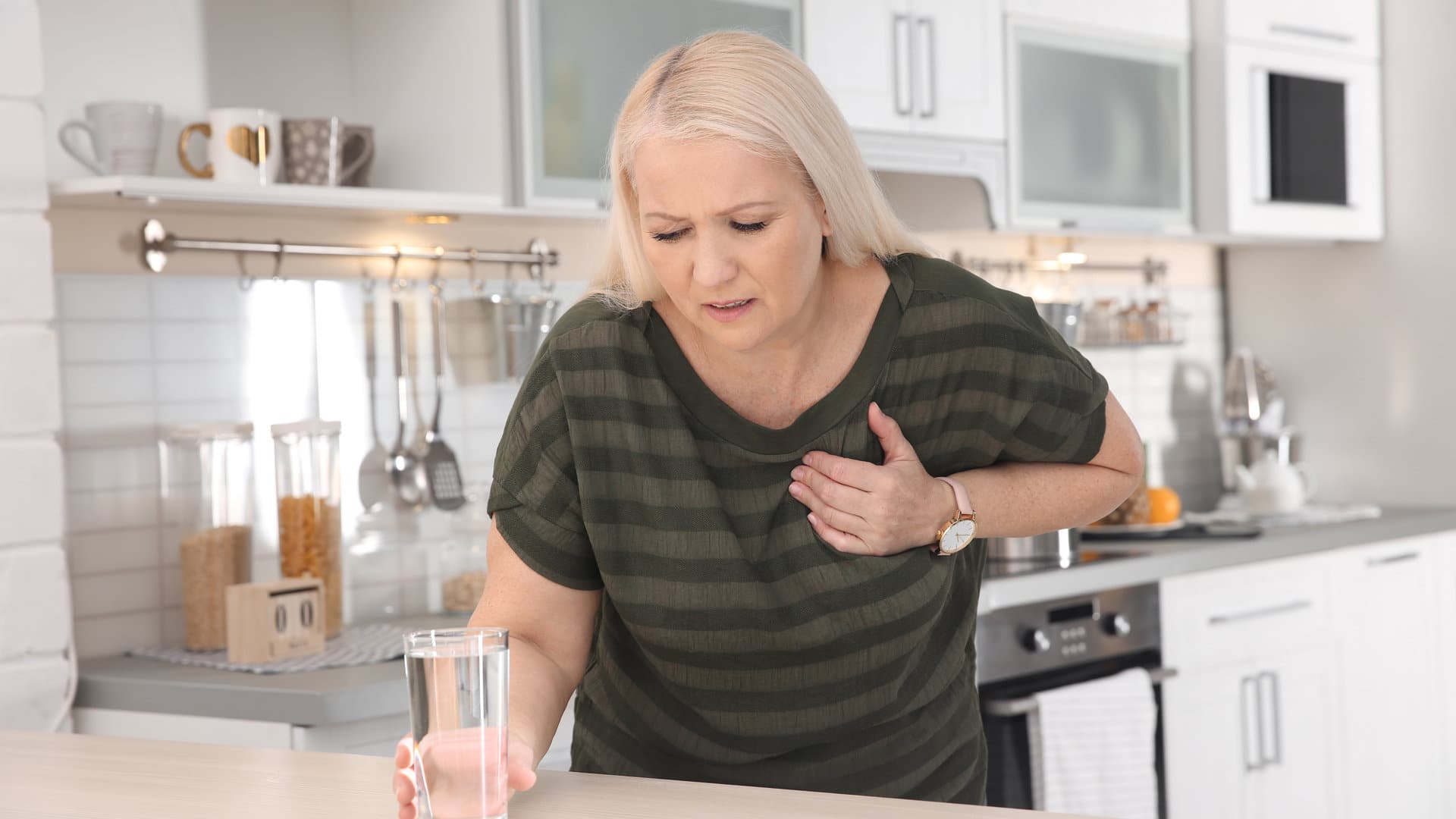
What is a silent heart attack?
Sometimes, a heart attack happens with no obvious symptoms—this is called a silent heart attack. You might feel a bit of discomfort in your chest, arms, or jaw that goes away after resting. Or you may just feel more tired than usual, get short of breath easily, or have what feels like indigestion.
These sneaky heart attacks are especially common in people with diabetes and those who’ve had a heart attack before. Even though the symptoms are mild, silent heart attacks still cause real damage to your heart.
When to act—and why it matters
If you notice any of these symptoms, especially if they feel new or unusual for you, don’t wait. Call 911 or get to an emergency room. It’s always better to be safe than sorry. Even if it turns out to be something else, checking it out could prevent a serious health emergency later.
And if you feel your concerns aren’t being taken seriously, get a second opinion. Your health—and your heart—are worth it.
Your heart is talking. Are you listening?
Heart attacks don’t always follow the rules, especially for women. The symptoms can be confusing, easy to overlook, or brushed off as stress or fatigue. But listening to your body—and acting on its warnings—can save your life.
As women, we’re often quick to care for others and slow to put ourselves first. When it comes to heart health, self-care isn’t selfish—it’s essential.
Amalie Jennings, an inspiring advocate for self-love, dies at 30

